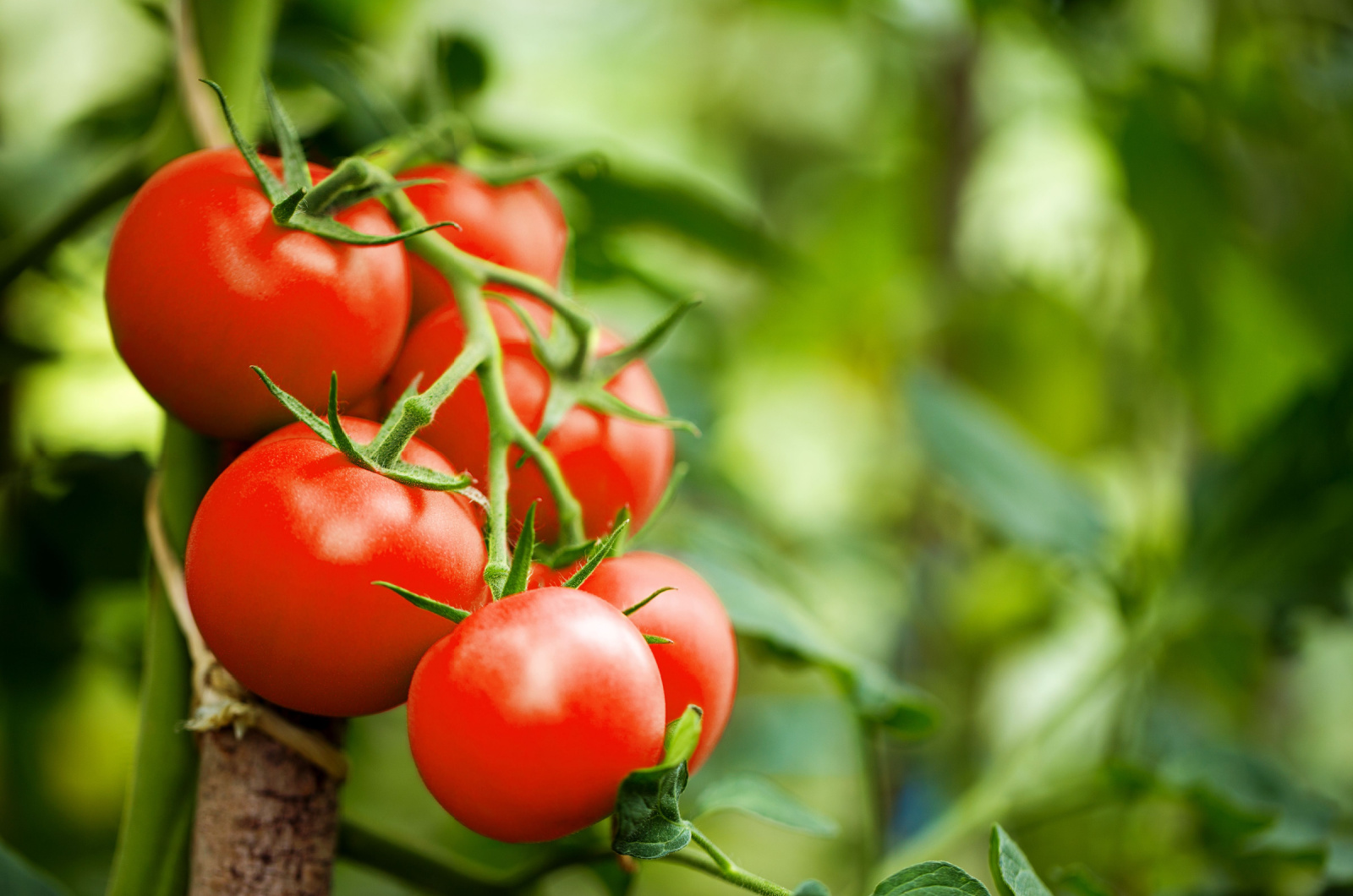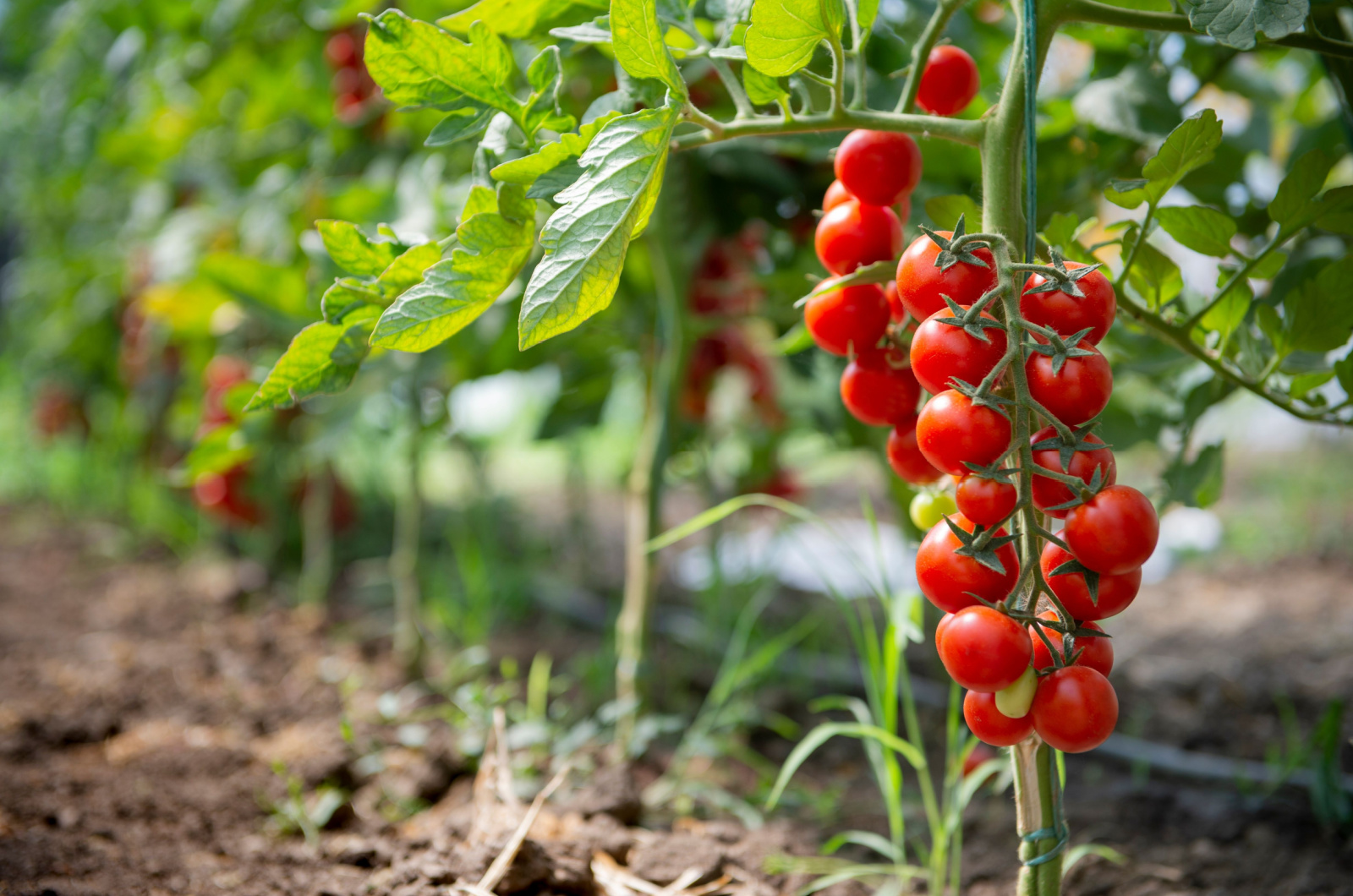One of my favorite feelings in the world is picking tomatoes I grew myself and enjoying their sweet flavor.
But these veggies that were supposed to be sweet have turned bitter in my mouth more than once!
That’s why I set out to investigate why homegrown tomatoes may taste bitter and how to improve their flavor.
I’ll share my findings in the following article, so let’s get started!
The Reason For Bitter Tomatoes
Tomatoes flourish and produce the sweetest fruits when their environment is well-balanced, meaning they get enough nutrients, moisture, and sunlight, and there’s no extreme conditions that can stress them out.
The first thing that you may want to consider when analyzing the causes for your bitter tomatoes is the variety you’re growing. Not all tomatoes have the same flavor, and some can be sweeter or more acidic. Hybrid tomatoes usually (but not always) have poorer taste compared to heirlooms.
The second cause of tomato bitterness may be temperature stress, or rather the time of year and the location in which you’re growing them. High-temperature stress can affect the flavor of tomato fruit, which is why you should try growing heat-tolerant varieties if you live in a hot climate. (1)
And just like heat stress, extreme cold can also affect the growth and flavor of tomatoes, so it’s best to shelter your plants from these conditions or grow them in a more suitable time and location.
The third cause of bitter tomatoes is inadequate watering. It is essential to understand how to water tomato plants in order to keep the plants thriving and producing flavorful fruits.
Next, nutrient imbalance in the soil can lead to your tomatoes tasting bitter. These plants require specific nutrients to produce unblemished, healthy, and flavorful fruits.
Finally, the time you harvest your tomatoes plays a great role when it comes to their taste. Green, unripe tomatoes may taste bitter because they have more acidity, which doesn’t decrease if they don’t have enough time to grow.
Subsequently, sugar content couldn’t increase, and all this contributes to a bitter tomato flavor. That’s why it’s important to know when to pick your tomatoes for the best taste.
Preventing Bitter Tomato Flavor
Now that you know what’s causing your tomatoes to become bitter, you can take precautionary measures in the next season and keep them as sweet as possible.
First, if you’ve had a tasteless tomato harvest for a couple of seasons now, it is time to switch up the flavors. Grow some of the best-tasting tomato varieties and enjoy every bite.
Next, it is crucial to give your tomatoes ample water and keep them consistently moist. These vegetables require 1-2 inches of water per week, depending on the heat and the amount of rain you have.
In addition to irrigation, soil health is extremely important. Test your substrate and see which nutrients your tomatoes could benefit from. Then, fertilize your tomato plants according to the instructions on the fertilizer package and apply some compost before planting.
You should also keep your tomato plants safe from extreme weather conditions, such as heat, cold, hail, wind, etc. Plant them in a spot where wind won’t damage their stems, cover them with a shade cloth during extreme heat, and mulch them to regulate soil temperature.
Finally, it is crucial to let the tomatoes mature on the stem so that they can develop their flavor. Luckily, there are ways to make garden tomatoes ripen faster, so you’ll be able to harvest more delicious fruits in less time.
References:
1. Dasgan, H. Y., Dere, S., Akhoundnejad, Y., & Arpaci, B. B. (2021). Effects of High-Temperature Stress during Plant Cultivation on Tomato (Solanum lycopersicum L.) Fruit Nutrient Content. Journal of Food Quality.



